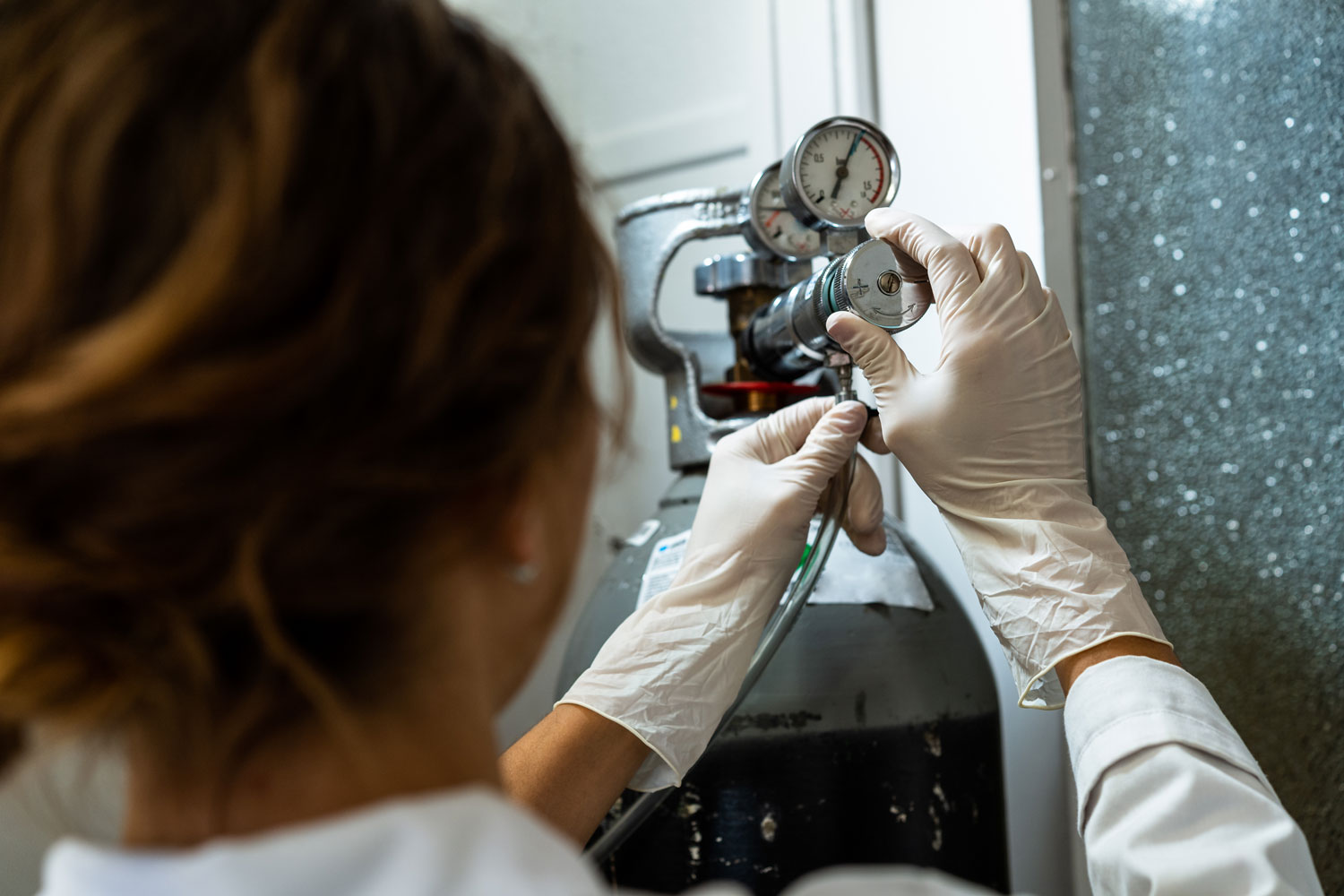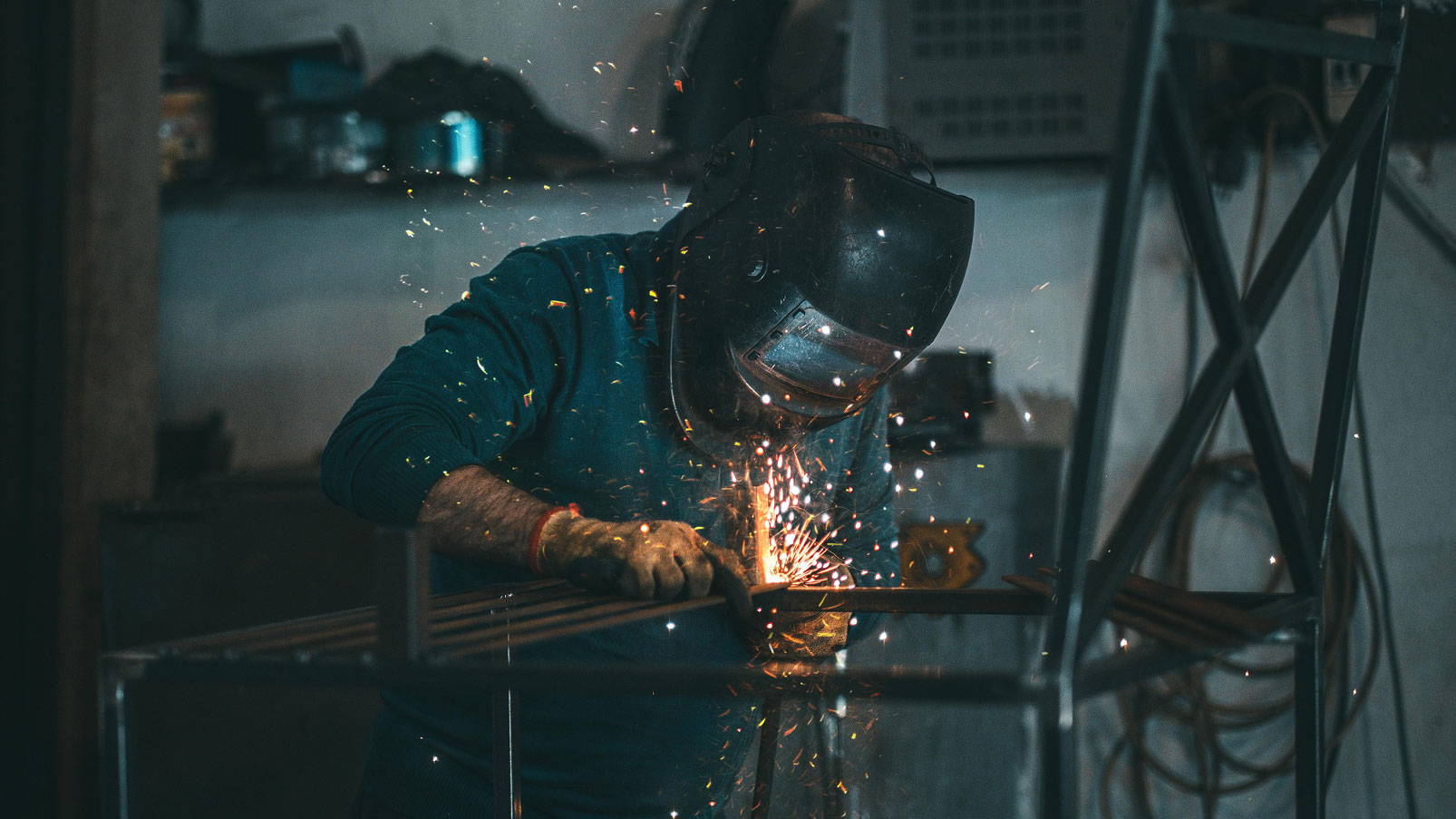Aluminum gas cylinders are light and easy to handle; steel cylinders are rugged and cost-effective. The right choice depends on ergonomics, abuse risk, and compliance needs.
Weight and ergonomics
Aluminum reduces lift strain and is a good fit for frequent handling. Steel is heavier but tolerates rough environments. Train proper lifting and use carts with restraints in both cases.
Compliance and markings
Verify DOT cylinder markings, hydrostatic test dates, and pressure ratings. Keep records up to date to make audits and rental returns straightforward.
When aluminum wins—and when steel does
- Aluminum: portable setups, tight spaces, frequent swaps
- Steel: stationary locations, higher abuse risk, budget limits
High pressure cylinders: shared rules
- Keep cylinders upright and capped
- Inspect threads, valves, and seats before connection
- Leak-check after every change
Next steps
Choose the material that fits your workflow and floor conditions, then standardize fittings and training across stations. [[Link to “Products – ISO Cylinders”]] [[Link to “Certifications”]]
Suggested image alt text
- Aluminum gas cylinder on a cart with chain restraint
- Steel cylinder rack in a welding cell
- Close-up of DOT markings on cylinder shoulder




